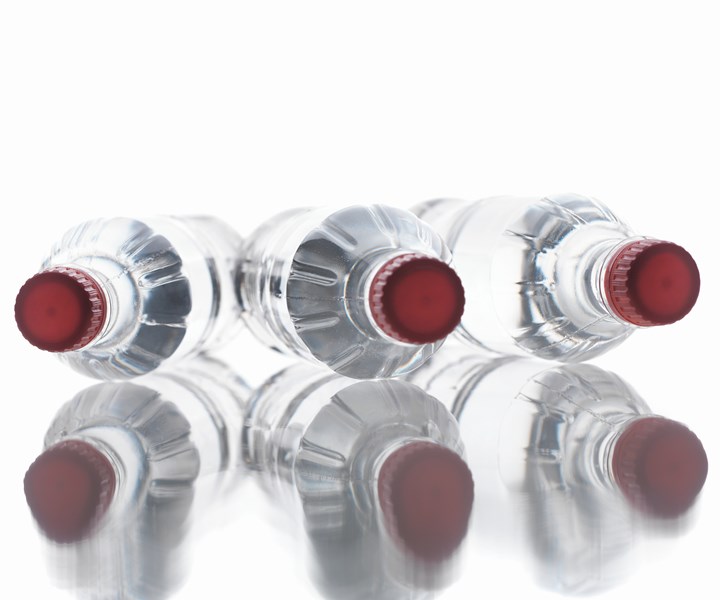New Cross-Industry Consortium to Focus on Chemical Recycling
New cross-industry consortium to make enhanced recycling of polyester plastics a commercial reality, contributing to the development of a global circular economy for plastics.

Photo credit: Alpla
Companies operating across the polyester packaging value chain – including businesses involved in the manufacture, use, collection and recycling of polyethylene terephthalate (PET) plastic packaging – have formed a new consortium that aims to help to address the problem of plastic waste by accelerating the commercialization of BP Infinia enhanced recycling technology.
BP Infinia is designed to turn opaque and difficult-to-recycle PET plastic waste, that can degrade in quality each time it is recycled using conventional methods, into recycled feedstocks that can be used to make new high-quality PET plastic packaging again and again, with a reported no loss in quality.
The consortium intends to combine the capabilities and experience of its members – packaging and recycling specialist Alpla; food, drink and consumer goods producers Britvic, Danone and Unilever; waste management and recycling specialist Remondis; and energy and petrochemicals producer BP – to develop a new circular approach to dealing with PET plastic waste.
Georg Lässer, Head of Recycling at Alpla said: “Alpla is delighted to join this cross-functional project with partners from the entire value chain. It completes our intense activities besides mechanical recycling and focuses on post-industrial PET waste, difficult-to-recycle PET packaging and PET thermoform trays. With BP in the lead, we have a very strong and highly experienced partner that contributes with knowledge about virgin polyester production.”
It is the intention that each member of the consortium will contribute resources and distinctive capabilities and experience in areas such as waste management and recycling, technology development, intermediate processing and product design to develop a business model that takes into consideration the infrastructure, supply chain and demand requirements of all parties that will be involved in creating a circular economy for polyester and PET plastic.
Rita Griffin, BP Chief Operating Officer, Petrochemicals stated: “This is an exciting step towards a circular economy for the polyester industry. BP is experienced in developing and scaling up technology and we’ll do this again with our innovative BP Infinia process. But we know we cannot create circularity on our own. That’s why we are thrilled to be working together with industry leaders to develop and prove a practical business model that can hopefully contribute to making all types of polyester waste infinitely recyclable.”
In October 2019, BP announced plans to construct a $25 million pilot plant in the U.S. to prove the technology on a continuous basis before progressing to full-scale commercialization.
Related Content
-
Compatibilizers Aid Recycling & Upcycling of Mixed Resins
Compatibilizers are proving their worth in boosting critical properties such as impact/stiffness balance of PCR and PIR blends of polyolefins and other plastics.
-
Calculating an Injection Molding Machine’s Carbon Footprint
Arburg has utilized the ISO TS 1467:2018 standard, which determines the greenhouse gas emissions of a product, to help its customers calculate the product carbon footprint (PCF) of its injection molding machines.
-
How to Extrusion Blow Mold PHA/PLA Blends
You need to pay attention to the inherent characteristics of biopolymers PHA/PLA materials when setting process parameters to realize better and more consistent outcomes.















